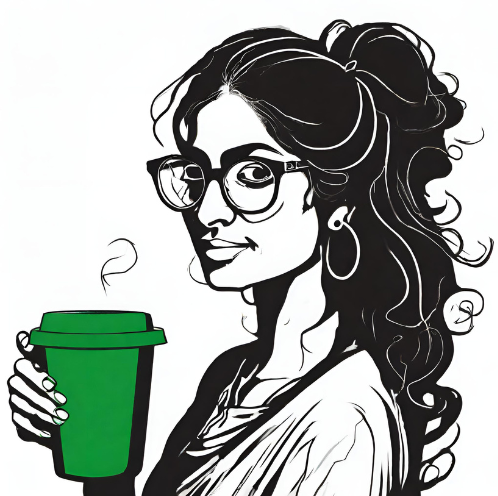Guest Post by Utkarsh Kumar*
(Views expressed are personal.)
have heard the stories of the times when being a teacher, especially a school
teacher, was the defining stick of moral compass of the community around
him/her. You see the world being measured with the moral behaviour of a
teacher. It is a stereotyped as a lower middle class, conservatively dressed
man/woman bound to a schedule of school, class, tests and, students for whom
for those 10,12 years a teacher represents a paramount figure around whom
his/her life revolves. It was conveniently
to put him/her on a pedestal difficult for any normal human to maintain. He/ she won’t pursue anything flashy, even a
bright color designer shirt was enough for community to question him/her of his
morals as a teacher, a teacher should always be content with whatever paltry amount
he receives in terms of money, fame or respect and yet putting in everything
he/she has got into the welfare of his/her students.
would be highly inclined to visualise teachers of yesteryears with what ideally
Brahmin varna were supposed to be in terms of the expectation that as he/she
is doing great revered work of teaching- learning so he /she should be immune
to every materialistic whims of society. So, yes an upwardly lifestyle
construed with society’s generally accepted standards does matter to every
other profession but even a bigger yes, it will not to the teachers because
they are so ‘great’, how come they will be needing the whims of mere mortals. Like
an ideal ‘Brahmin’ he is supposed to be above these whims.
what misses out conveniently is that unlike Brahmin varna who despite
not having so much of command over monetary issues of community (at least
directly) had an almost choking grip on the community’s social and cultural
life whereas a teacher holds almost no power, authority over even his area of
expertise i.e. teaching learning process, especially a government teacher who
has to work around seeking permissions and getting approval, running around
whims of bureaucratic supervisors who have none whatsoever understanding of
school is like.
forward to the times that we are living in.
profession (if it has remained one or if it ever was) is on the lowest ladder
of aspiration of young minds. Being a teacher has become synonymous with idler,
not worthy of achievement unlike other professions such as lawyer or a medical
practitioner. The reason may be manifold. Foremost , the division of knowledge
based on monetary benefits it can provide has put definition of ‘rigor’ of
knowledge systems against the very systems of educational discourse. It is the
reason why a school knowledge system is considered lower than college which in
turn is lower to university systems. But come to think of it, this hierarchy of
knowledge was here before too. its nothing new and arguments for and against is
a matter of another debate. But what I am pointing out is somewhere down the
line, entry in to the knowledge systems was not marked by the standards of
‘rigor’ which any corresponding knowledge systems on any hierarchical level
should have, which fortunately other
professions have somewhat managed to do. I really do believe that when oneself
has gone through rigor of learning, an automatic response is the respect for
others and their work. Anyone can become a teacher especially who has nothing
to do with rigor, whether it relates to academics or in general way to do
things.
is so clearly visible in our profession that it has become a given. Take a look
around, especially if you are a teacher, and honestly recall how many of your
colleagues really have even an understanding of that rigor (of learning,
teaching etc.). Mostly have none partly because of our education system in
general and partly because of our profession’s lethargy to self invigilate
itself on entry point. Those who have nothing to do with learning are in our
profession teaching way of learning to students. It’s no doubt that majority of
such teachers have put a general image of rigorless profession which in turn
have resulted in lowest possible connectivity with community in terms of
respect and sensitivity to what we do. You do not earn this profession but instead
you buy your way in. As I have said earlier anyone can become a teacher if he
/she has money to buy a degree (though I would really call it a license as in
imperialist times as it is in every sense a license). It’s funny that even a
license has more standards of testing than this education degree) and negotiate
in market your price (which in our times of mass unemployment means one who
bids lowest as his price is the best). So naturally, this short cut of erstwhile
reputed profession will lure out the weak in morals, and rigor first than the
other one. So, here we are a profession with full of rigorless, dispassionate, insensitive,
visionless people because they have never meant to be in this profession from
the start nor have any will or passion to be here if they would have got any
other choice than this free entry profession.
by no means, am saying that everyone who is here is stereotypical of the model I
have painted above. (More on this in the next post.)
—–
is a secondary school teacher in a government school in North Delhi. He has a
double Masters in Science and Education and a pre-doctoral degree in Education.
Besides teaching, he explores the world through extensive travelling.
